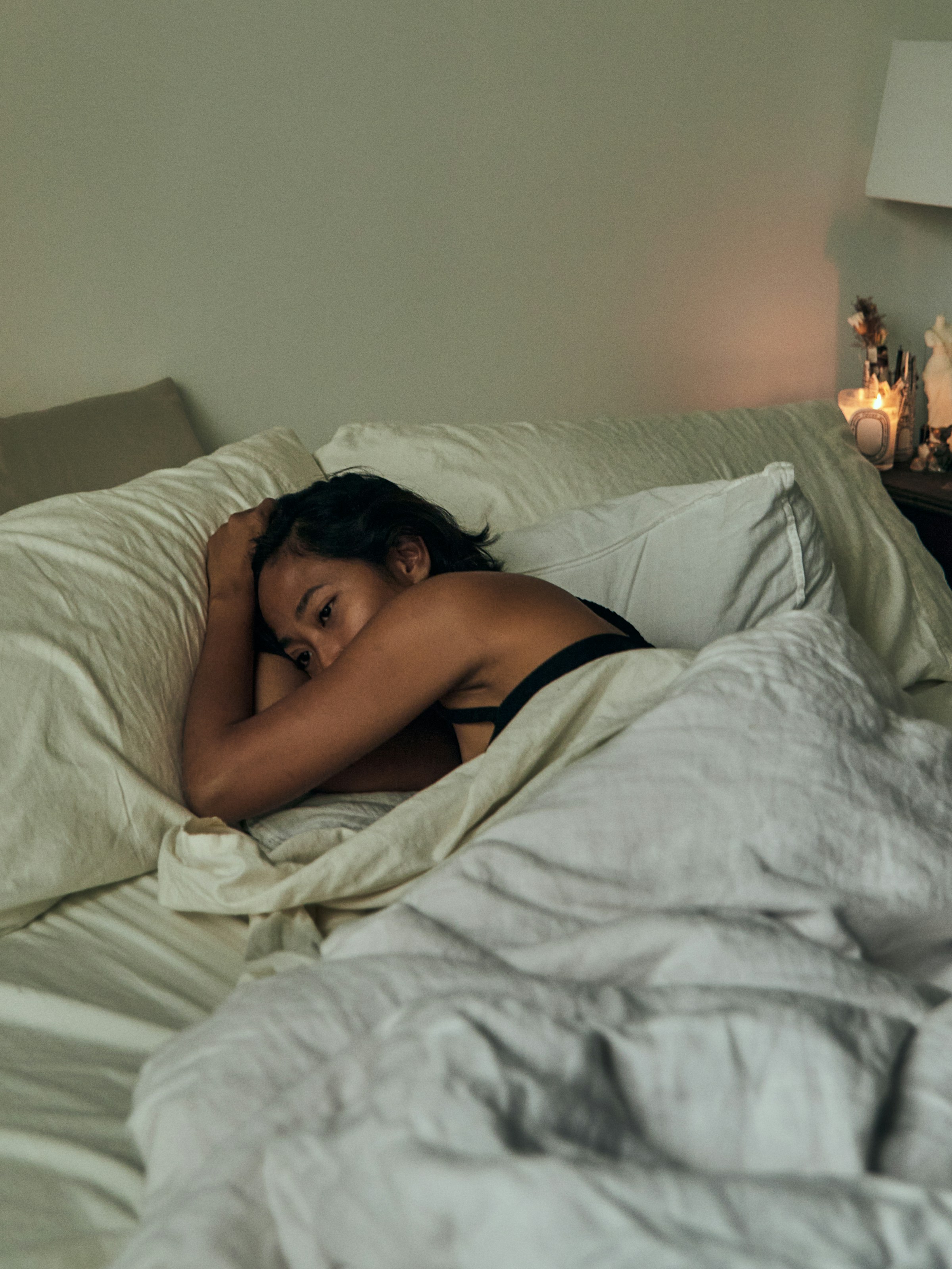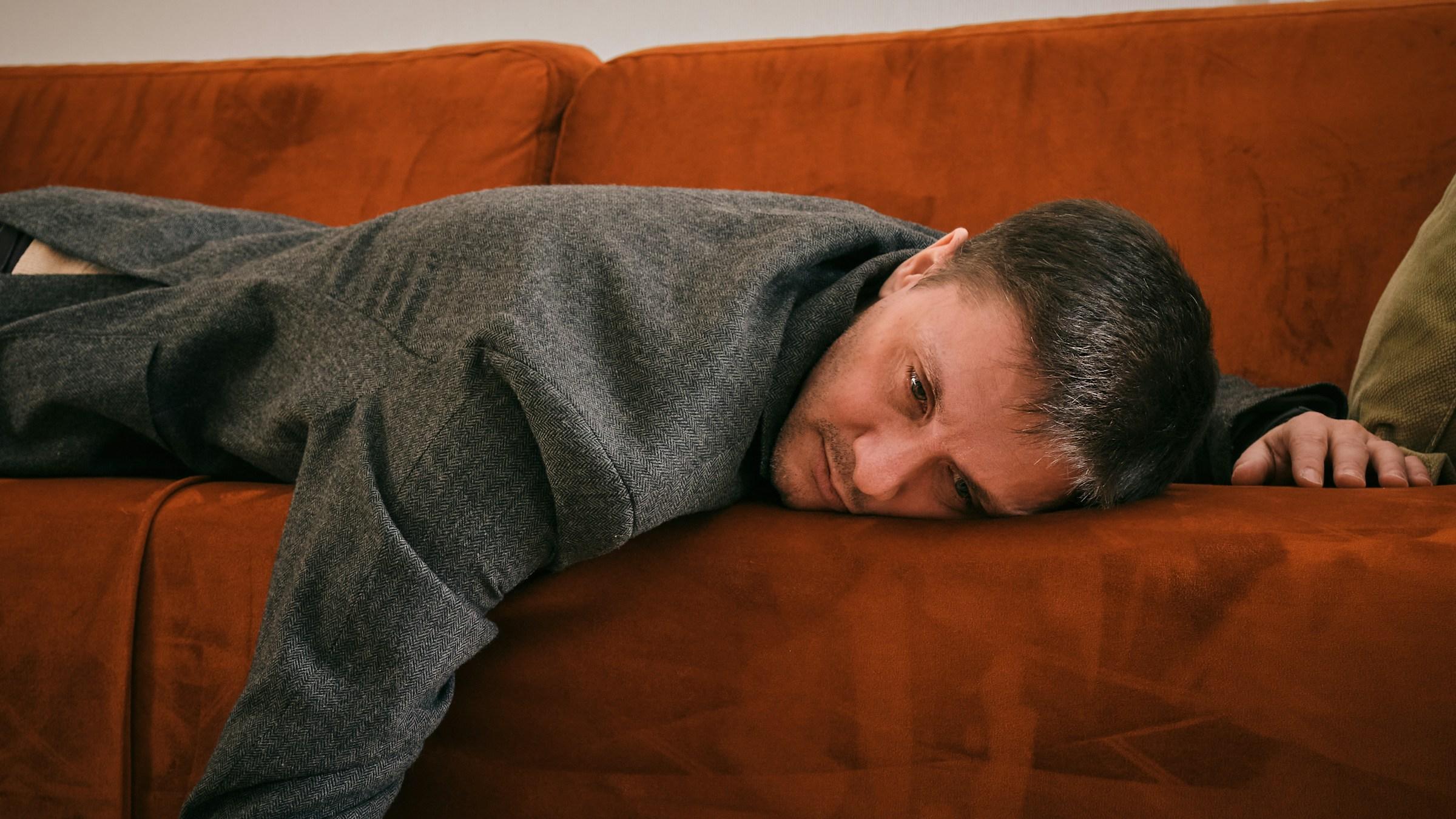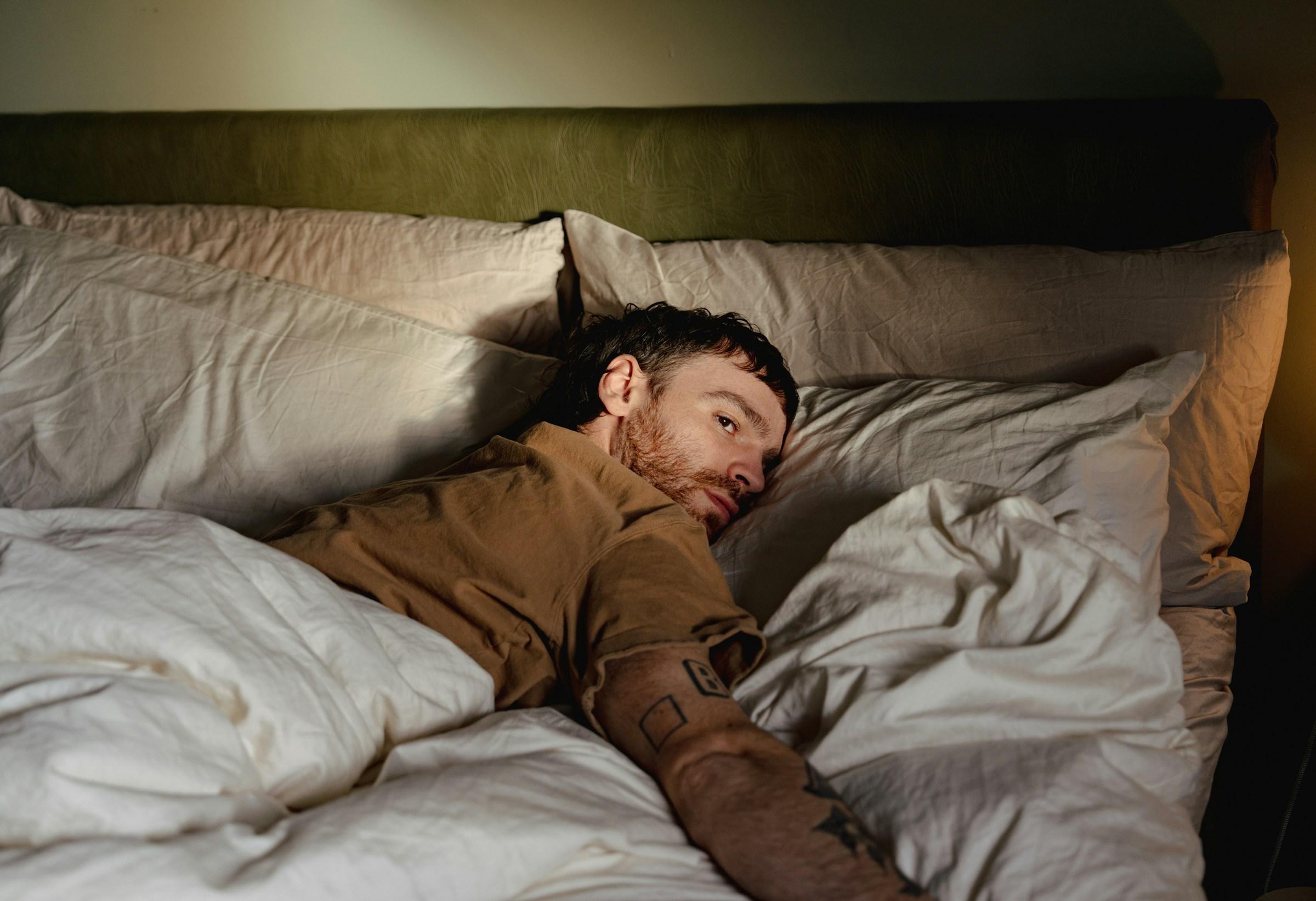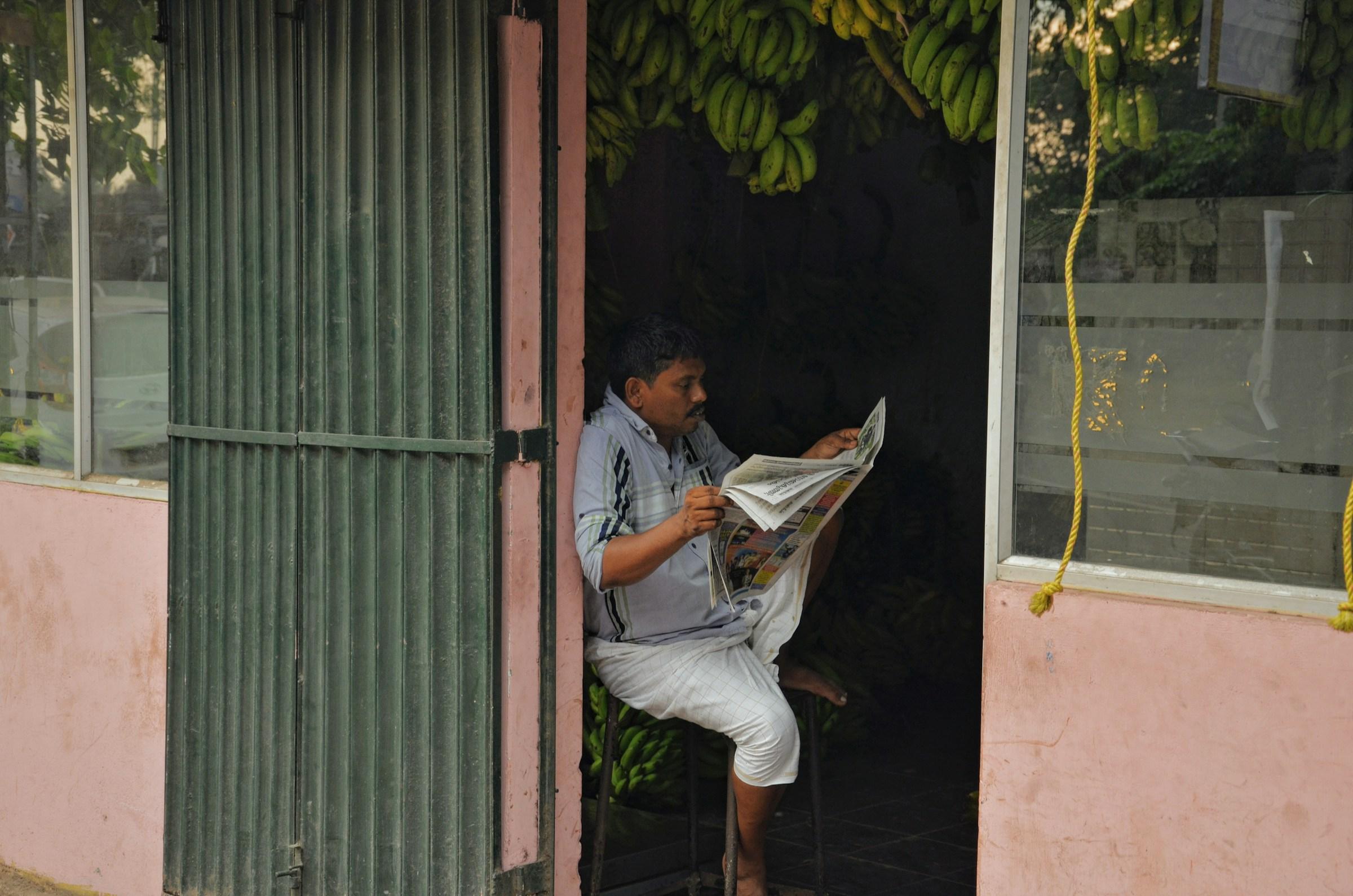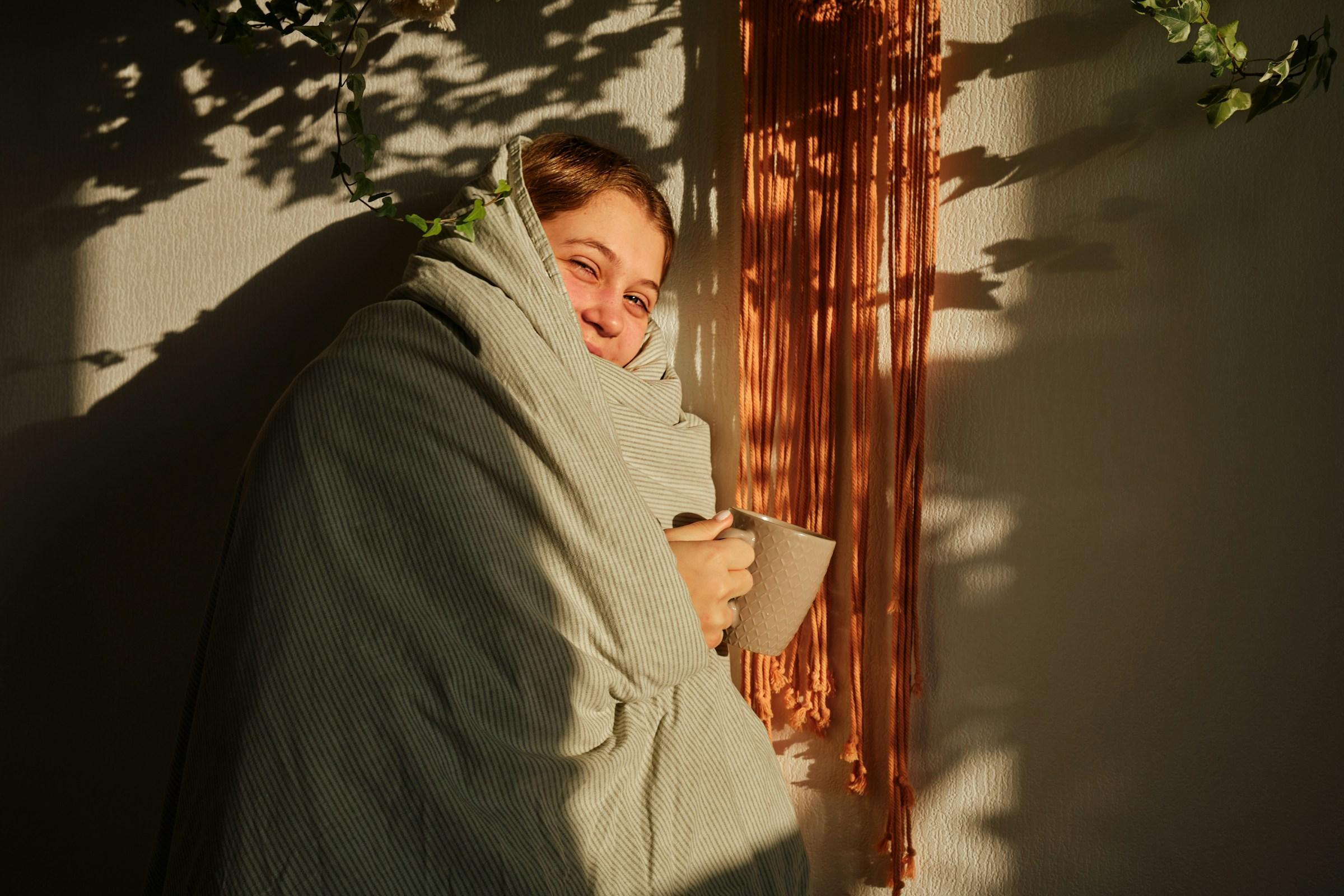Sleep touches every room and every relationship, and when it thins, the day begins to feel strangely out of tune. The first signs are quiet. The house sounds a little sharper. A cupboard closes a bit too hard. Keys go missing even though they always live in the bowl by the door. A bedroom that carries last night’s scroll into morning tells a story before you do. Curtains invite too much daylight. The pillow smells faintly of emails. A coffee ring on the dresser dries into a mark you no longer see. You are awake, yet not fully present. This is the texture of sleep debt, a soft distortion that alters how you think, move, eat, and speak long before it shows up on a medical chart.
Tiredness is not only a night problem. It is a home system that drifts off pitch. The bathroom light feels brighter than it should. The kitchen turns into a snack machine. The living room calls you to sit while your hand reaches for the remote as a reflex. When people talk about the negative effects of sleep deprivation, they often jump to big claims. What helps more is to notice the small frictions that repeat. These are the daily hints that the body and the space around it are asking for a reset. Mood wavers first. Short sleep strips some of the padding from emotion. Neutral comments feel pointed. Minor delays look like disrespect. Decisions narrow to immediate relief. Patience loses its length. At home this shows up as tension around dishes, laundry, and clutter, signals that feel like flaws in character when they are really shifts in chemistry. The brain tired by poor sleep mistakes harmless cues for threat and tries to keep you safe by scanning for problems. A calmer environment becomes part of the remedy. Softer light after sunset and a slower entry into morning give the nervous system a surface that steadies it.
Attention fogs next. Sleep loss disrupts working memory and dulls the quiet alarm that tells you an error is coming. You open a tab to pay a bill and end up reading about houseplants. You carry an item from one room to another and put it down without meaning to. This wandering is not laziness. It is an executive function that needs fewer decisions. Small anchors help. A notepad by the kettle for one take lists. A tray by the door for the items that drift. A simple rule for screens after dinner so the morning does not inherit a scatter of unfinished signals. Focus behaves like a design problem as much as a discipline problem. Reduce choices and attention becomes more faithful.
Hunger gets louder when sleep runs short. The body asks for quick energy because ghrelin rises and leptin falls, which means cravings pull toward sugar and starch. That shows up as late night cereal or a pastry you did not plan to buy, followed by a lunch that does not satisfy and a second coffee that steals from the coming night. The kitchen can become a gentle guide rather than a stage for negotiation. Keep protein where your eyes land first. Put fruit in the front row of the fridge. Store sweets out of sight, not as punishment but as a way to reduce friction against better choices. Lighting shapes appetite too. Warm bulbs in the evening whisper that the day is closing. Cold overhead glare says it is still time to graze. You are not weak. The room is making suggestions. Change the room and you change the suggestions.
Immunity grows thinner with poor sleep. You notice it as frequent colds, inflamed sinuses, or a nagging sore throat that will not fully leave. Recovery after a workout slows. The house can act like a patient coach. Air out the bedroom each morning if weather allows. Keep water within reach of the bed to remove the need for late night decisions. Choose breathable fabrics. Natural fibers hold a comfortable climate without forcing you to chase the air conditioner. A slightly cooler room invites deeper stages of sleep that repair more than they disturb. The quilt is not simply decor. It is a thermostat you can fold.
Skin tells the truth as well. Puffiness, irritation, and dullness make the day feel older than it is. Rather than adding steps and serums, simplify and place the few items you trust in the order you use them. A gentle cleanser that does not strip, a moisturizer you enjoy, and a sunscreen near the door so you actually apply it. Containers that feel good in the hand make repetition easier. Beauty becomes less about performance and more about a ritual that you can keep on even the most tired mornings.
Relationships carry the heaviest price of chronic fatigue. Conversations flatten into logistics. Small misses swell into loud misunderstandings. There is no single fix, but the house can hold a simple ritual that acts like a bridge. Two chairs by a window. A nightly tea without phones. Ten minutes that belong to connection rather than to tasks. When people feel seen, the rest of the evening does not need to ferry resentment to bed. The point is not a grand ritual. The point is a reliable place where warmth can land.
Safety becomes more fragile when sleep is thin. A wet bathroom floor that you would normally navigate turns risky. A knife that usually feels stable in your grip suddenly feels unfamiliar. If you are moving through a season of short nights, let the home meet you where you are. Add a second bath mat. Put a step stool exactly where you tend to reach. Use a motion night light in the hallway. Small edits turn hazards into habits and remove pressure from a body that is already compensating for less rest.
Work and rest blur when you are tired, especially if you work from home. The desk steals from the bed and the bed steals from the desk. If you cannot separate rooms, separate states. Close the laptop inside a sleeve so the table looks like a table again. Leave tomorrow’s to do card beneath the sleeve rather than on the pillow. The message is simple. Work has a place and rest has a place. When the environment respects that line, the mind follows.
Caffeine becomes a crutch under sleep debt, yet it can live inside a kinder routine. Delay the first cup by about an hour after waking so cortisol can rise and settle on its own. Pair coffee with a glass of water that is already waiting on the counter. Keep the last cup at least eight hours before bed. If what you love is the ritual, switch to decaf in the afternoon and keep the brewing just as beautiful. The brain reads the ceremony as safety. It does not need the stimulant to accept the cue.
Screens ask for a level of attention that tired bodies do not have. Blue light delays melatonin and dense information raises arousal. You do not need to abandon your devices. You can change their choreography. Charge them outside the bedroom. Use an analog clock so you are not holding a portal to the entire world when you only want the time. If you watch a show at night, dim the room and choose something that does not tighten your jaw. Close the evening with a paper page, even if it is short. This is the handoff. The mind needs to be told that the day is closing.
Clutter grows faster when sleep shrinks because the couch wins and the reset loses. Do not aim for perfect. Aim for a five minute close. Stack and rinse the dishes. Fold the throw. Sweep the room into a basket. This is not a chore chart. It is a message to your morning that it is welcome. The point is not to make up for yesterday. The point is to begin again without a fight.
Light and temperature act like master keys. Morning light anchors the clock. Step outside within the first hour of waking if you can, even if all you have is a balcony or a patch of sun by a window. In the evening, guide the home toward warm, low light. Use lamps instead of ceiling fixtures. Choose amber over blue. Keep the bedroom slightly cooler. Cotton or linen sheets do quiet work that you feel more than you notice. The bed shifts from a stage to a landscape. Sleep drains less energy trying to begin.
Noise is a subtle thief. Even sounds that do not wake you can thin the depth of sleep. Attend to the hums and rattles. A curtain or rug can soften a sharp hallway. A white noise machine can hide the dog that barks three doors down. These are not fussy touches. They are structure. The body does not need perfect silence. It needs predictable sound.
If you wear a sleep tracker, let it be a mirror rather than a judge. Look for patterns instead of scores. A late dinner may push back deeper sleep. A short walk in afternoon sun may help you drift earlier. Data grows useful when it ties to a habit you can repeat. If you do not track, your body still delivers enough information. Notice how often you sigh. Notice how often you forget why you entered a room. Those signals are as clear as any graph.
There will be seasons when sleep must be thin. A newborn, a deadline, a loved one who needs care. In those months, aim for recovery in layers. Short daylight breaks. Gentle movement. Steady foods. An earlier wind down even if the total night will still be short. Ask the house to help by placing the yoga mat where you can reach it without debate and keeping the good blanket where a nap can happen without ceremony. Rest becomes ordinary instead of rare.
The fear story says that bad sleep will ruin your life. A kinder story says that rhythm can be rebuilt through design and a handful of promises you keep to yourself. Begin with the first thing you see when you wake. Clear a single line of sight. Make the path from bed to light switch smooth. Leave a glass of water within reach. End the day by handing your future self a small win. Set a cup on the tray. Draw the curtain with two fingers. Choose one window to leave slightly open for air or set a diffuser with a scent that suggests quiet. Lavender, cedar, or simply clean sheets.
Recovery rarely arrives in a single moment. It returns in textures. The floor under bare feet. The quick hum of the kettle. The soft weight of a quilt that does not run hot. Better sleep looks like a home that makes sense again. Rooms remind you what they are for. Light tells your body what time it is without argument. Food tastes like fuel rather than rescue. Conversation lands without static. You do not need a flawless routine. You need a space that breathes with you. When the day begins to feel kinder, protect the few rituals that helped it along. The five minute reset before bed. The phone that sleeps in the hallway. The chair by the window where you and someone you love share a short evening tea. These are not hacks. They are choices that gather into a life. Your home already speaks in sentences. Let sleep be the quiet punctuation that makes the story readable again.



